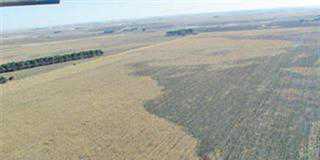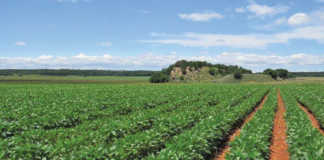What was more, even a minimum wage of R150/day will still see most households unable to provide the nutrition needed to make them food secure. After violent protests erupted in De Doorns at the end of last year, farmer and farm worker representative bodies requested the Bureau for Food and Agricultural Policy (BFAP), under Dr Ferdi Meyer, to compile a report examining the viability of increased minimum wages in the sector.
The result was an in-depth analysis of the farm level impact of incremental increases in the minimum wage, weighed against the dilemma faced by workers in terms of rising food prices and the required level of income to make a decent living. The BFAP report showed that most permanent workers on fruit, potato, wheat and sheep farms studied already earned more than the minimum wage – as do seasonal workers on fruit farms, who received R84/ day on average.
Meyer said that from this it was evident that if average wages were increased by more than R20/day, to around R104, many of the typical farms BFAP studied would be unable to cover operating expenses – or pay back borrowings. The apple industry, for example, could lose R1,4 billion in export revenue over the next 10 years if wages were increased by R20/day.
Furthermore, according to BFAP’s estimates, increasing the minimum wage to R150/day would see agriculture’s total wage bill of R13,6 billion/year leap to R20,8 billion – an increase of 53%.
It was also evident that structural adjustments, such as increased mechanisation and the consolidation of farming units to become more efficient, would have to be made to accommodate higher wages. However, the BFAP report stated that mechanisation didn’t have to come at the expense of manual labour. South Africa had uncultivated arable soils suitable for expansion, and “mechanisation should not be seen as a threat to manual labour,” according to the report.
“It should rather be thought of as the opportunity to increase the output delivered per worker and stimulate the agro-economic sector under a favourable economic and political environment.” At the time of going to print, at least 50 people were arrested in De Doorns after strikers became violent.












